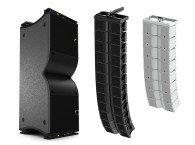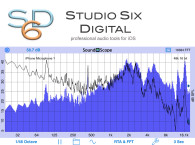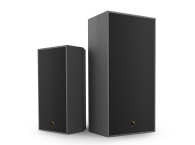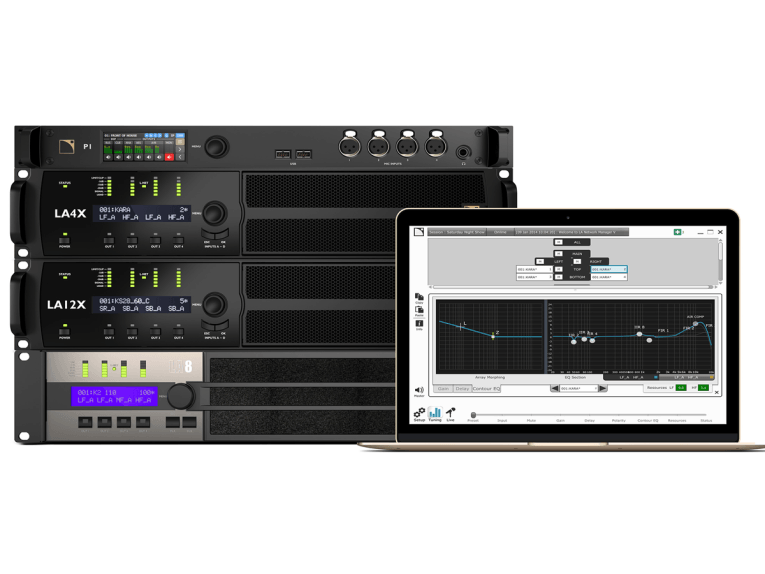
Ideal tuning of a venue requires both data capture and analysis. The M1 suite pairs system measurement and control software to work natively as one seamless solution from L-Acoustics. Providing an original, reliable, and more efficient method for calibration, M1 allows users to expand their capabilities and optimize their time.
For most systems on the market, calibration processes typically involve estimating optimum EQ and alignment settings, measuring these setting via mic placement, then capturing the data. For each setting, mic placement and capture must be performed multiple times to obtain measurements throughout an entire venue. Any adjustments made to EQ or alignment would naturally require the user to repeat the mic placement and capture process.
M1 is a dual-channel FFT measurement platform that automates this process—sequentially muting and unmuting different parts of the system that need to be measured, capturing audio, labeling measurements, and storing data to the proper groups automatically. With M1, mic placement and capture throughout the venue is done only once. Data is acquired and compiled in the software, and measurements can be visualized individually, as spatial averages and sums of elements. If adjustments to EQ are needed, they can be done virtually, and subsequently analyzed and optimized within M1, meaning that the user attains the best calibration for the venue much faster. And once the measurements have been captured, the sound team can even leave the venue and finish the calibration offline, freeing up time and resources for the setup of other production elements.
All data capture in M1 is storable. If the user has a “eureka” moment days or months after calibrating a venue, M1 software allows simply to adjust calibration settings virtually in the control software and upload it to the venue for automatic improvement from anywhere in the world. Every adjustment ever made is tracked in the software and can be recalled and reanalyzed.
When proper calibration has been attained and a performance begins, M1 provides live system monitoring via a Real Time Analyzer (RTA), evaluating the behavior of the system and keeping it optimized at all times. During a show, atmospheric conditions like humidity and temperature can fluctuate; content can vary from pianissimo to forte; crowds ebb and swell, affecting room excitation. Each of these variables can lead to changes in system performance. To compensate, M1’s RTA gives the operator a graphical understanding of the behavior of the system, while LA Network Manager continually analyzes the new atmospheric conditions and proposes corrections accordingly.
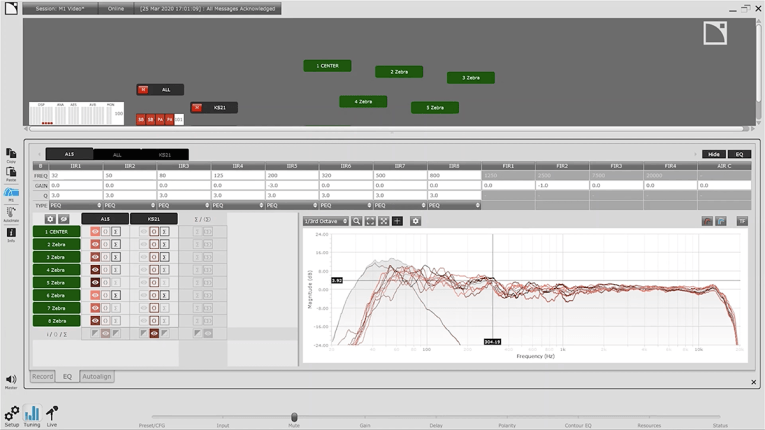
The measurement and control tools within M1 are natively integrated; any changes made to one tool are reproduced in the other and automatically optimized.
“M1 with LA Network Manager is really the future of system calibration and monitoring,” says L-Acoustics Product and Technology Outreach Manager Scott Sugden. “By integrating a comprehensive measurement platform into our amplifier control software, we very effectively help sound professionals save time, decrease error, and concentrate their skills on creating amazing experiences for their artists and audiences.”
www.l-acoustics.com




